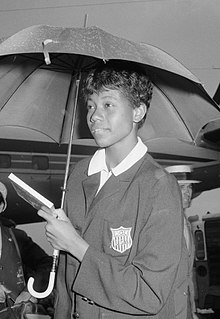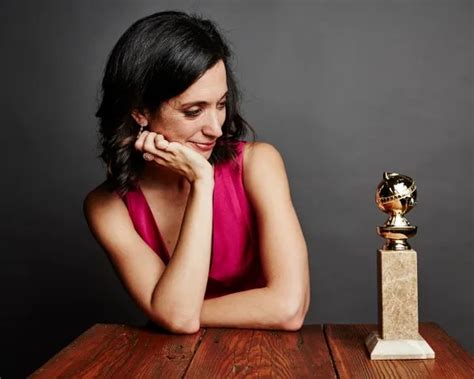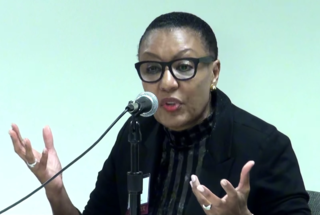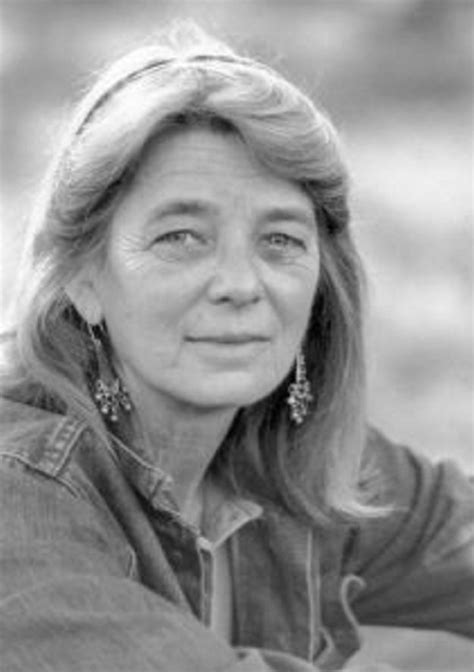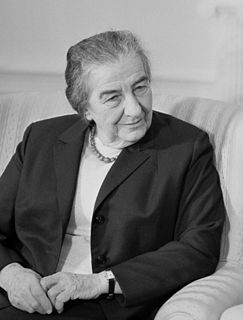A Quote by Jen Kirkman
My nana was always a widow as long as I was alive; my grandfather died before I was born. All the women on my street - there were four houses in a row with all old women who lived alone who were widowed. They all had kids, but they were all widowed. My mom didn't put me in preschool; I didn't know that was a thing. I just hung out with these women all day.
Related Quotes
I know black women in Tennessee who have worked all their lives, from the time they were twelve years old to the day they died. These women don't listen to the women's liberation rhetoric because they know that it's nothing but a bunch of white women who had certain life-styles and who want to change those life-styles.
It's significant that four out of the five nominated comedies were run by women. That's not by accident. Women are storytellers, too. What's particularly exciting is that when it started to change, it changed very quickly, which I think indicates that women have been waiting in the wings for a long time and were ready to take storyteller center stage.
The dumbest women I hooked up with were in Florida. I lived in Florida for a year... and it was just shocking. I literally felt like after living there for a couple months that I had become stupider. It was unbelievable. If you read the stories on my site that are based around crazy women, about 75 percent of those women were in Florida? and I only lived there for a year.
It just struck me as really odd that there were all of these conversations going on about what young women were up to. Were young women having too much sex? Were young women politically apathetic? Are young women socially engaged or not? And whenever these conversations were happening, they were mostly happening by older women and by older feminists. And maybe there would be a younger woman quoted every once in a while, but we weren't really a central part of that conversation. We weren't really being allowed to speak on our own behalf.
I would ... go up to the mailbox and sit in the grass, waiting. ... Till it came to me one day there were women doing this with their lives, all over. There were women just waiting and waiting by mailboxes for one letter or another. I imagined me making this journey day after day and year after year, and my hair starting to go gray, and I thought, I was never made to go on like that. ... If there were woman all through life waiting, and women busy and not waiting, I knew which I had to be.
I had very supportive parents that made the way for me, even at a time when there were very few women - no women, really; maybe two or three women - and very few, fewer than that, African-American women heading in this direction, so there were very few people to look up to. You just had to have faith.
It wasn't that there weren't menfolk in my grandmother's stories. There were lots of them but they died young or were drifters and dreamers who disappeared or turned to drink or succumbed to melancholia or slow mortal diseases. The women, on the other hand, lived a long time and were full of spit and vinegar until the end.
I remember being in Japan when Destiny's Child put out 'Independent Women,' and women there were saying how proud they were to have their own jobs, their own independent thinking, their own goals. It made me feel so good, and I realized that one of my responsibilities was to inspire women in a deeper way.
It is a dreadful thing to see the dead city. Next to the port I found children, women, the old, waiting for a way to leave. I entered the houses, there were houses where the coffee and pita bread were left on the table, and I could not avoid [thinking] that this, indeed, had been the picture in many Jewish towns [i.e., in Europe, during World War II].
Back in the days when men were hunters and chest beaters and women spent their whole lives worrying about pregnancy or dying in childbirth, they often had to be taken against their will. Men complained that women were cold, unresponsive, frigid... They wanted their women wanton. They wanted their women wild. Now women were finally learning to be wanton and wild - and what happened? The men wilted.
I might sound crazy about this but, years ago, my mom told me: "We almost died when you were born. Both of us." I was a Caesarean baby, and the doctor who delivered me later told me, "I opened your mother up, and you were right there. It freaked me out because everything was broken and out-there." I've thought about it a lot - could this have something to do with the fact that I'm only happy when I'm at home and alone? Maybe I was just freaking out for two weeks before I was born, feeling really insecure.

